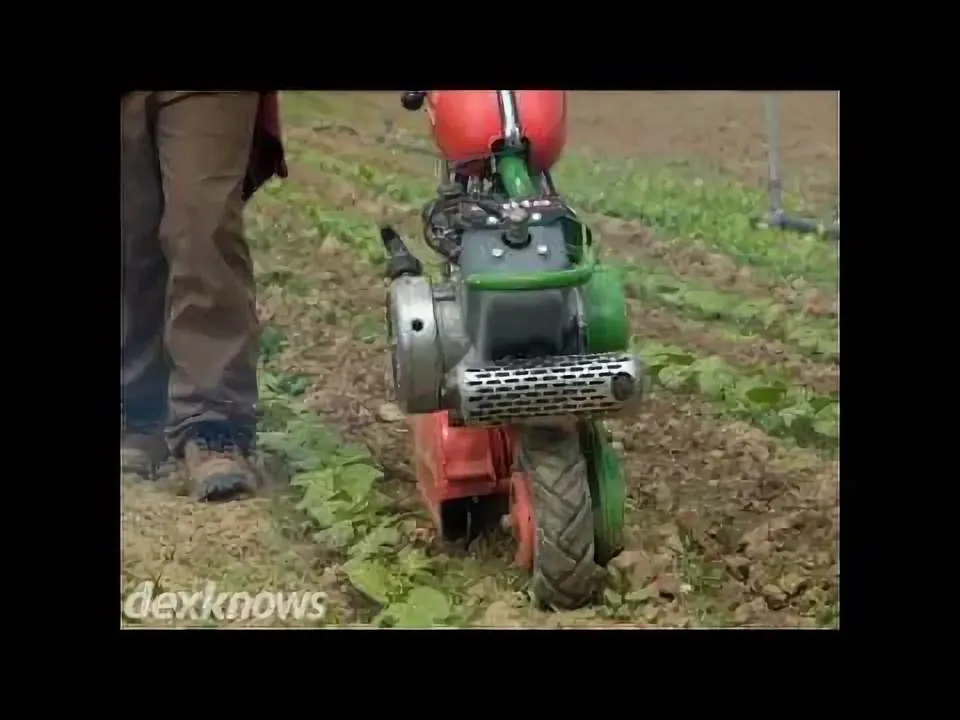Healthy soil is the foundation of any thriving garden. From improved drainage to better nutrient absorption, the condition of your soil directly affects the growth and productivity of your plants. One of the most effective tools for cultivating and enhancing soil is the garden tiller. In this article, we explore how a garden tiller can improve soil health, making your gardening efforts more successful and sustainable.
What Is a Garden Tiller?
A garden tiller is a motorized tool designed to break up and turn over the soil. Available in various sizes and models, tillers use rotating blades or tines to dig into the ground, loosening compacted dirt and mixing in organic matter. Gardeners often use them for soil preparation before planting vegetables, flowers, or shrubs.
Breaking Up Compacted Soil
Over time, soil can become compacted due to weather, foot traffic, or natural settling. Compacted soil restricts air and water flow, making it difficult for plant roots to penetrate and absorb nutrients. This is where a garden tiller can improve soil health significantly. By tilling the soil, you break up dense layers and restore the natural structure, creating a loose, well-aerated environment that promotes healthy root growth.
Enhancing Soil Aeration and Drainage
Proper soil aeration allows oxygen to reach plant roots and beneficial microorganisms. When you use a garden tiller, you effectively mix air into the soil, which helps maintain a balanced ecosystem below the surface. Additionally, well-tilled soil has better drainage properties, preventing waterlogging and root rot. These improvements illustrate how a garden tiller can improve soil health through mechanical intervention.
Mixing in Organic Matter
Another way a garden tiller can improve soil health is by incorporating organic matter such as compost, mulch, or manure into the soil. These materials enrich the soil with essential nutrients, improve texture, and boost microbial activity. Tilling ensures that these amendments are evenly distributed, giving plants consistent access to what they need for optimal growth.
Reducing Weed Competition
While not always top of mind, weed management is an important aspect of soil health. Tilling can uproot weeds and prevent them from taking hold, which reduces competition for nutrients and water. This gives your plants a stronger chance to thrive and helps maintain a healthier soil balance over time.
Conclusion
Understanding how a garden tiller can improve soil health empowers gardeners to make informed decisions about soil management. From loosening compacted ground to enriching it with organic matter, a garden tiller is a powerful ally in creating the perfect environment for plant growth. Whether you’re a novice or an experienced gardener, investing in a quality tiller can lead to healthier soil—and ultimately, a more vibrant garden.



